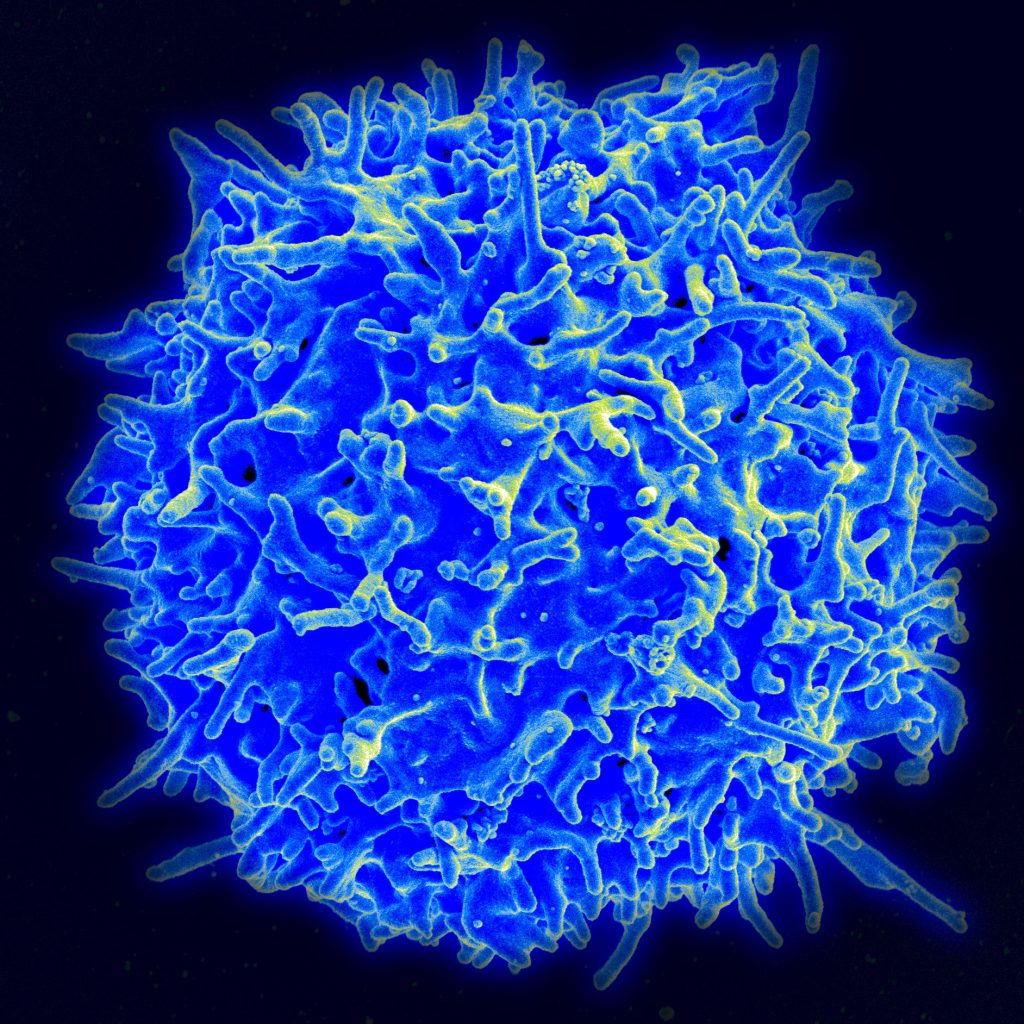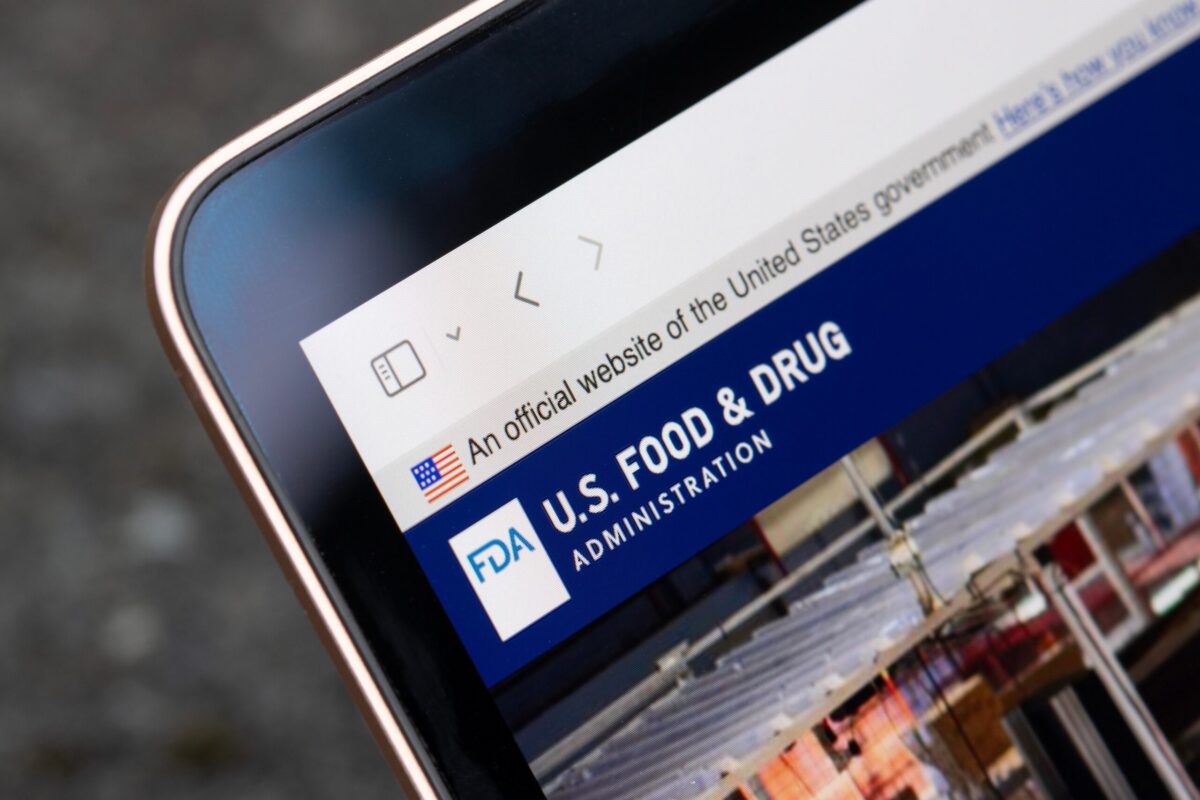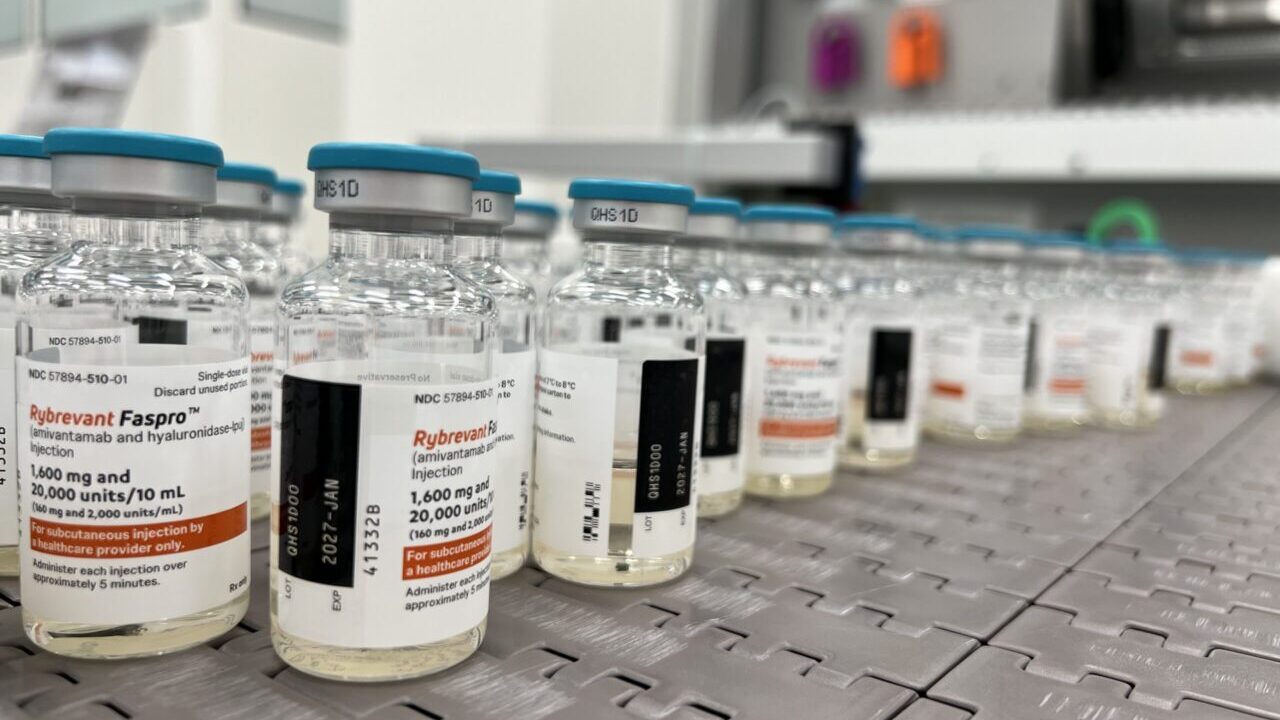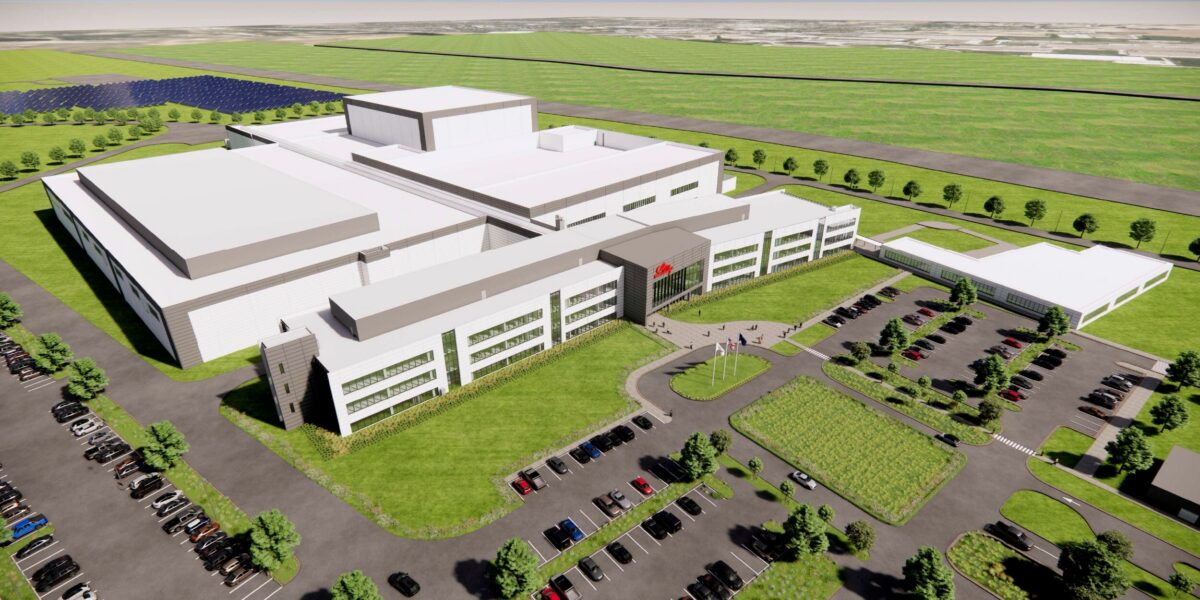In the race to market the first CAR-T immunotherapy, Swiss pharmaceutical company Novartis just got a major push. Last week, the US Food and Drug Administration (FDA) granted priority review for the company’s investigational T cell therapy, CTL019 (tisagenlecleucel-T), after accepting Novartis’ Biologics License Application (BLA).
The immunotherapy was designed to treat both pediatric and young adult patients with relapsed and refractory (r/r) B-cell acute lymphoblastic leukemia (ALL). The priority review status could significantly hasten the FDA’s decision on the biologic, meaning Novartis’ candidate could be approved in as little as six months.
CAR-T, or chimeric antigen receptor T cell therapy, involves collecting immune cells from a patient’s blood and engineering them to recognize cancer cells. These reprogrammed T cells are then reinfused back into the patient where they will hopefully attack and destroy tumor cells displaying a specific antigen on their cell surface.
“With CTL019, Novartis is at the forefront of the science and development of immunocellular therapy as a potential new innovative approach to treating certain cancers where there are limited options,” said Vas Narasimhan, Global Head of Drug Development and Chief Medical Officer, Novartis. “The priority review and file acceptance of CTL019 by the FDA brings us one step closer to delivering this novel treatment option to children and young adults with r/r B-cell ALL in the United States.”
In 2012, Novartis acquired the global commercialization rights to CT019, and all other CAR-T cell therapy agents developed at the University of Pennsylvania. The drugmaker still collaborates with the researchers at Penn in the development of other investigational cancer therapies.
“The past five years have seen tremendous progress in the development and application of cellular engineering in an effort to personalize the treatment of cancer,” said Dr. Carl June, director of the Center for Cellular Immunotherapies in the Perelman School of Medicine at the University of Pennsylvania. “We now know that it is possible to treat patients in clinical trials across the world using this approach, and the results we have observed mark a potential new paradigm in the treatment of blood cancers that have not responded to standard therapies.”
CTL019 was studied in the Phase II ELIANA clinical trial, with enrollment of patients across 25 global study sites. Of the 50 patients enrolled, 82 percent showed complete remission or complete remission with incomplete blood count recovery three months after receiving the CTL019 infusion.
Unfortunately, nearly 50 percent of patients developed cytokine release syndrome, a serious complication of CAR-T immunotherapy. While the adverse events resulted in no patient deaths, the complication remains problematic, and is one of the biggest concerns those in the industry have about CAR-T cell therapy.
“Even if a patient has difficult-to-treat relapsed/refractory leukemia, we have seen treatment with CTL019 in clinical trials put cancer into remission,” said Dr. Stephan A. Grupp, Director of the Cancer Immunotherapy Frontier Program and Director of Translational Research for the Center for Childhood Cancer Research at Children’s Hospital of Philadelphia. “This could be a first-of-its-kind treatment with exciting potential to help pediatric and young adult r/r B-cell ALL patients.”
ALL is the most common form of pediatric cancer in the US, making up about 25 percent of all cancer diagnoses in children under the age of 15. Patients who fail to respond to treatment options – of which there are few – have a survival rate of just 16 to 30 percent.












Join or login to leave a comment
JOIN LOGIN